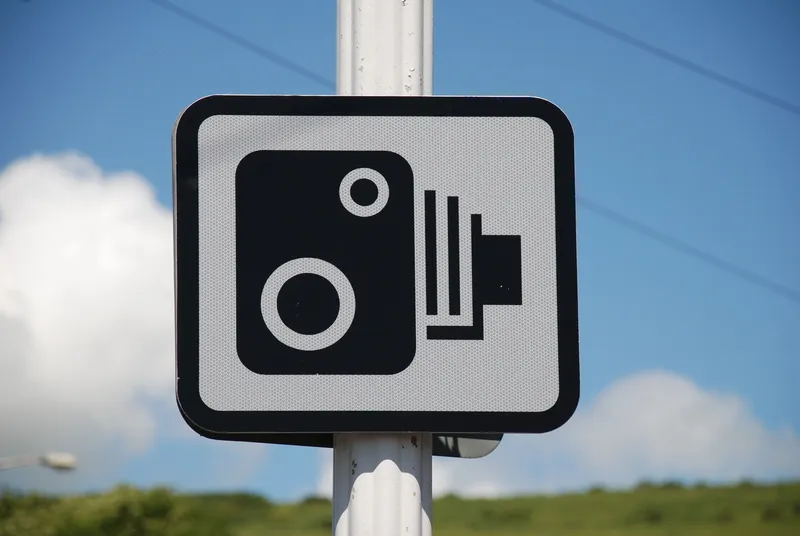A UK enforcement expert and the Institute of Advanced Motorists (IAM) have branded as ‘unhelpful’ the proposal by Olly Martins, Police Commissioner for Bedfordshire to use money from speed camera fines to fill a shortfall in police funding.
Martins told the Home Affairs Select Committee that the force was ‘stretched to the limit’ and said, "We’ve extensively lobbied the Home Office for fair funding but they haven’t listened and the Chancellor's spending review at the end of the month means we face more c
November 9, 2015
Read time: 3 mins
A UK enforcement expert and the 6187 Institute of Advanced Motorists (IAM) have branded as ‘unhelpful’ the proposal by Olly Martins, Police Commissioner for Bedfordshire to use money from speed camera fines to fill a shortfall in police funding.
Martins told the Home Affairs Select Committee that the force was ‘stretched to the limit’ and said, "We’ve extensively lobbied the Home Office for fair funding but they haven’t listened and the Chancellor's spending review at the end of the month means we face more cuts. Strict enforcement of the speed limit could raise £1m and to me that’s better than losing 25 more police officers.”
To help with funding, he proposes permanently switching on the speed cameras on one of the busiest stretches of the M1 between junction 10 and 13. The cameras are usually only in operation when speed restrictions are in place.
Geoff Collins, sales and marketing director of604 Vysionics, said, “It is unhelpful to encourage the belief in a link between speed enforcement cameras and revenue generation. Drivers’ compliance is earned through the appropriate use of camera technology, typically through casualty reduction and improving traffic flows, rather than raising money.”
Neil Greig, IAM director of policy and research, commented, “Comments like this don’t help the image of safety cameras because it reinforces the myth that they are just for raising money, not road safety.
It also highlights the inconsistencies between the different English police forces in the way they are using smart motorway enforcement technology which undermines their benefits and public confidence.”
Downing Street has warned that speed cameras should be about safety, not a revenue generator. Prime Minister David Cameron's official spokeswoman said: "We are very clear that speed cameras should be about safety, not about raising cash.
"The point we would make to those thinking about using them for other means is that it is important to note that revenue generated from speeding offences doesn't go to police forces, it goes to a central fund."
Money from speed camera fines goes to the consolidated fund - the Government's bank account at the Bank of England - for general expenditure. It can then be distributed by the1837 Department for Transport through grants.
Martins told the Home Affairs Select Committee that the force was ‘stretched to the limit’ and said, "We’ve extensively lobbied the Home Office for fair funding but they haven’t listened and the Chancellor's spending review at the end of the month means we face more cuts. Strict enforcement of the speed limit could raise £1m and to me that’s better than losing 25 more police officers.”
To help with funding, he proposes permanently switching on the speed cameras on one of the busiest stretches of the M1 between junction 10 and 13. The cameras are usually only in operation when speed restrictions are in place.
Geoff Collins, sales and marketing director of
Neil Greig, IAM director of policy and research, commented, “Comments like this don’t help the image of safety cameras because it reinforces the myth that they are just for raising money, not road safety.
It also highlights the inconsistencies between the different English police forces in the way they are using smart motorway enforcement technology which undermines their benefits and public confidence.”
Downing Street has warned that speed cameras should be about safety, not a revenue generator. Prime Minister David Cameron's official spokeswoman said: "We are very clear that speed cameras should be about safety, not about raising cash.
"The point we would make to those thinking about using them for other means is that it is important to note that revenue generated from speeding offences doesn't go to police forces, it goes to a central fund."
Money from speed camera fines goes to the consolidated fund - the Government's bank account at the Bank of England - for general expenditure. It can then be distributed by the









